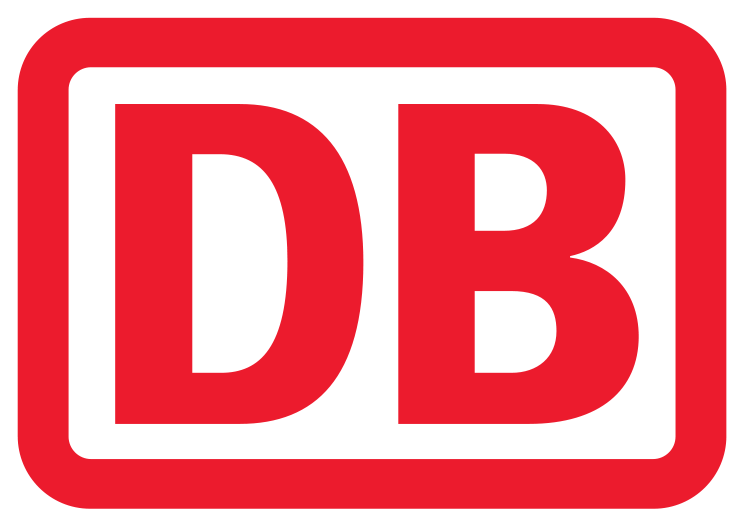Book 2 hours of individual coaching with your trainer.More info
The e-bill
Receiving e-invoices in compliance with legal requirements – keeping an eye on current developments – prepared for the next project phase

Contents
From paper invoices to electronic invoices
- Legal basis for e-billing
- Mandatory e-invoicing: definition, significance and advantages of electronic invoicing.
- Structured formats in accordance with EN 16931: XRechnung, ZUGFeRD and other EU standards.
- Legal requirements: Input tax deduction in accordance with § 14 and § 15 UStG, invoices for small amounts (§ 33 UStDV) and tickets (§ 34 UStDV).
- Operational goals and advantages of e-billing: increased efficiency, automation and transparency.
- Objectives and advantages of e-invoicing from the perspective of the tax authorities: curbing VAT fraud, simplifying audit procedures, more effective control and early detection of VAT fraud.
- Common sources of error: e.g., content fields, code types, required fields...
Requirements for GoBD-compliant accounting documents and archiving
- Responsibility: Compliance with GoBD requirements, traceability and completeness.
- Technical measures: Logging of changes, procedural documentation, data security and protection against manipulation.
- Retention obligations: GoBD-compliant archiving of accounting documents and electronic correspondence.
Practical implementation of the e-bill
- IT systems and processes: Integration into existing accounting programs and ERP systems.
- Transmission channels: Use of e-mail, Peppol, portals such as OZG-RE and ZRE.
- Training and adjustments: Train employees, optimize internal processes and use legally compliant systems.
Requirements of the Sales Tax Act and the Tax Code
- Requirements for invoices: Section 14 UStG, Section 15 UStG, and Section 33 USt-DV
- Archiving: Store e-invoices, electronic booking receipts, and electronic commercial and business letters in accordance with legal requirements.
Challenges and security aspects
- Fraud prevention: Ensuring the integrity and authenticity of e-invoices.
- Recipient verification for transfers
- Automated checks: Validation of invoice data and input tax deduction criteria in accordance with § 15 UStG.
- Open standard EN16931: What to do if incoming e-invoices fail operational validation?
Future prospects
- Advancing digitization: Automation through the use of AI and RPA.
- EU ViDA initiatives: Impact on cross-border invoicing and digital reporting.
Exchange of experience and practical examples
- Know and avoid common mistakes.
- XRechnung and ZUGFeRD: Get to know formats and their special features.
- Opening and checking e-invoices with common viewers.
- Practical exercises for creating and sending e-invoices.
- Receive and process e-invoices (simulation).
Learning environment
In your online learning environment, you will find useful information, downloads and extra services for this training course once you have registered.
Your benefit
- You can ensure that your invoicing processes are legally compliant.
- You implement GoBD archiving and procedural documentation pragmatically, including electronic commercial/business correspondence.
- You can validate e-invoices correctly, namely after formal or format-related checks, in accordance with EN 16931, GoBD/§ 14, and mathematical correctness.
- You will learn how to classify, read, and validate X-Rechnung and ZUGFeRD.
- You recognize typical errors, understand code lists and rules, and fix errors in a structured manner.
- You are confident in using interfaces, you understand Peppol-BIS/AS4, and you can set up ERP/financial accounting mapping correctly (control keys, master data, account assignment).
Methods
Lecture with illustrative, practical examples. Discussion and exchange of personal experiences, space for individual questions.
Recommended for
- Specialists and managers from finance, accounting, controlling, and tax departments.
- administrators, IT architects, system and application managers (DMS/archive/workflow), EDI/Peppol interface managers.
- project managers for project managers , ERP/financial accounting key users, process managers for P2P/O2C (purchasing, invoice verification, billing, sales, order processing, shared service center).
- Entrepreneurs.
- Governance & auditing: compliance, internal auditing, data protection officers, with a focus on audit-proof storage and procedural documentation.
2925
Start dates and details
Wednesday, 04.03.2026
09:00 am - 5:00 pm
- one joint lunch per full seminar day,
- Catering during breaks and
- extensive working documents.

Monday, 23.03.2026
09:00 am - 5:00 pm

Thursday, 02.04.2026
09:00 am - 5:00 pm
Tuesday, 21.04.2026
09:00 am - 5:00 pm
- one joint lunch per full seminar day,
- Catering during breaks and
- extensive working documents.

Tuesday, 12.05.2026
09:00 am - 5:00 pm
Monday, 01.06.2026
09:00 am - 5:00 pm
- one joint lunch per full seminar day,
- Catering during breaks and
- extensive working documents.
Thursday, 09.07.2026
09:00 am - 5:00 pm
- one joint lunch per full seminar day,
- Catering during breaks and
- extensive working documents.

Monday, 27.07.2026
09:00 am - 5:00 pm
Tuesday, 01.09.2026
09:00 am - 5:00 pm
- one joint lunch per full seminar day,
- Catering during breaks and
- extensive working documents.

Friday, 25.09.2026
09:00 am - 5:00 pm
- one joint lunch per full seminar day,
- Catering during breaks and
- extensive working documents.
 4.6
4.6











